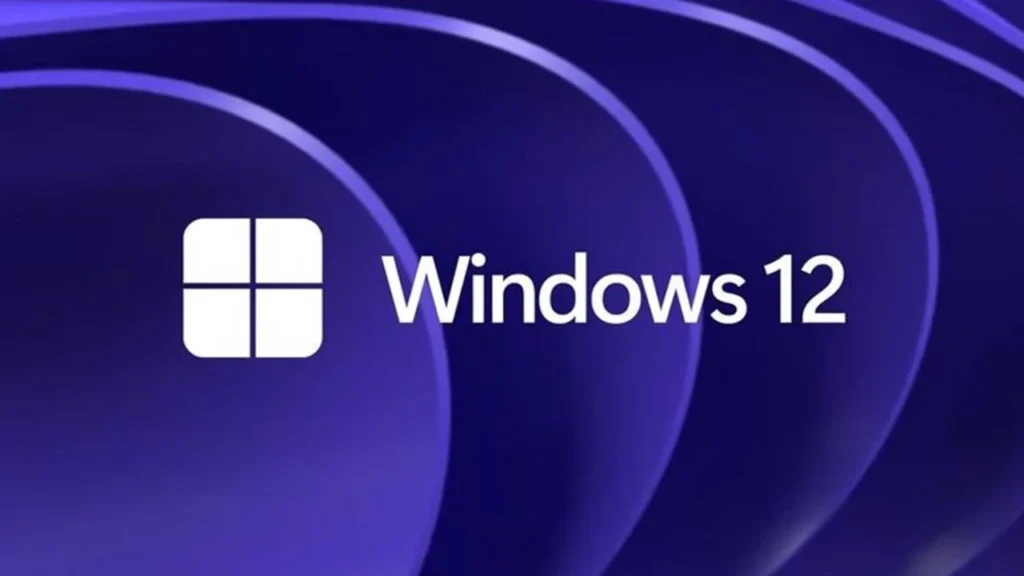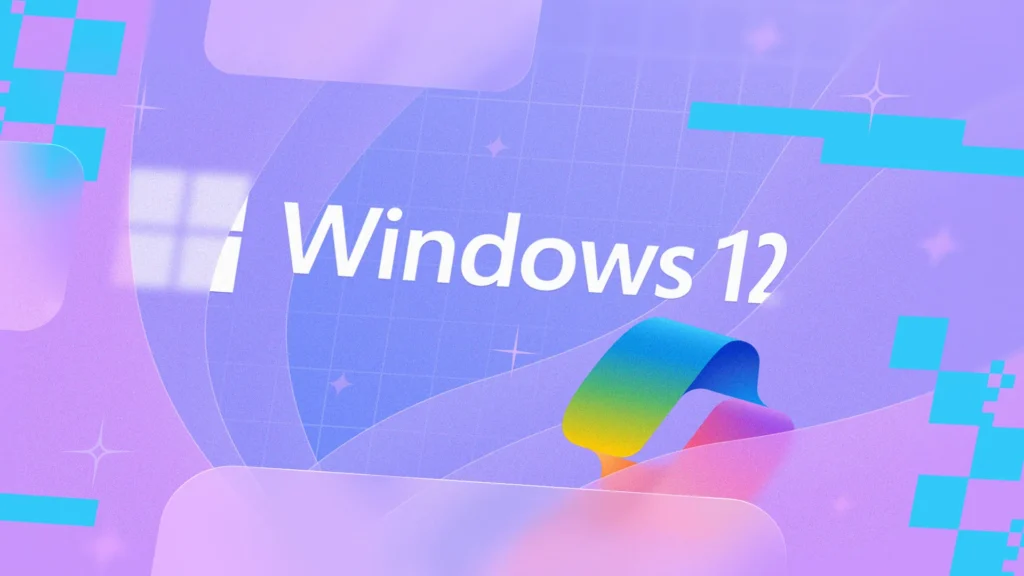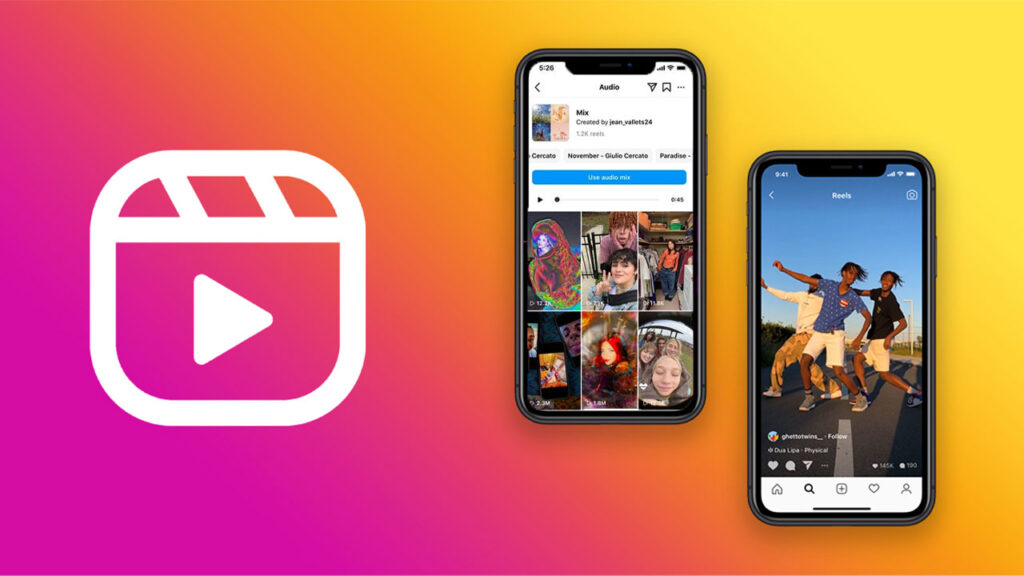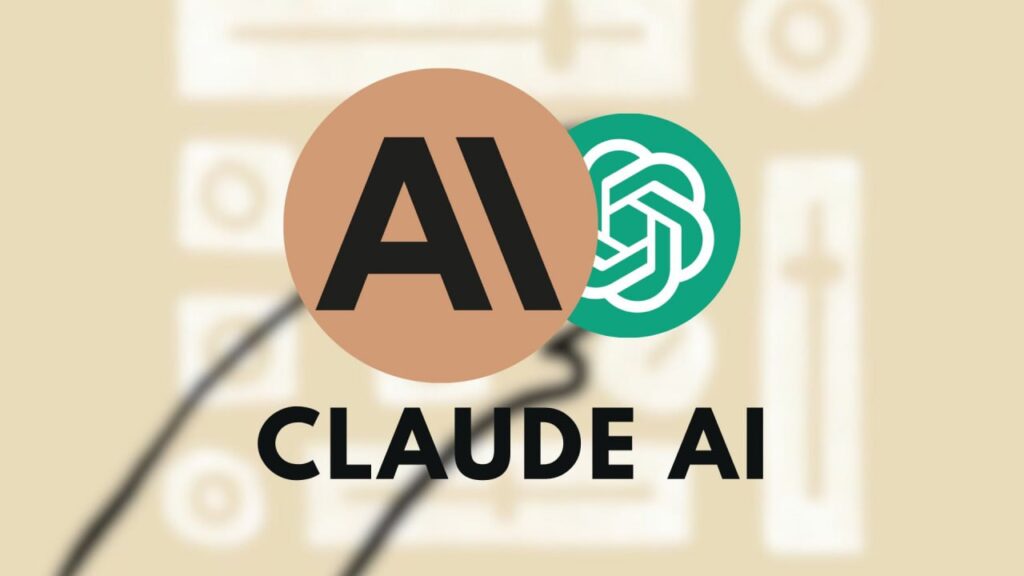Exciting announcements have come from Microsoft regarding the highly anticipated Windows 12 update.
Microsoft has given its clearest hints yet about the future of Windows, and it looks like Windows 12 could mark the start of a major revolution. In a recent video interview with Pavan Davuluri, the new head of Windows and Devices, it was revealed that AI will fundamentally transform the operating system and reshape the entire user experience. The traditional structure of windows and menus is expected to evolve, paving the way for a context-aware assistant that can hear, see, and understand you continuously. In other words, Windows 12 will be very different from what we know today.
A New Era with Windows 12
According to Davuluri, voice interaction will play a key role in the computing experience of the future. In addition to the mouse and keyboard, voice commands will become a third primary input method — and they’ll be able to do far more than just execute simple tasks.
Davuluri summarizes his vision as:
“A computer should be able to semantically understand your intent when interacting with it.”
This means you’ll be able to speak naturally to your computer while working. For example, while writing an email, you could simply say:
“Rewrite this text in a more formal tone and send it to Ali” — and Windows will handle the rest.
Today, AI assistants like Copilot are positioned as applications that run on top of the operating system. However, Microsoft’s new vision aims to place AI at the very core of the OS itself. According to Pavan Davuluri, the operating system is becoming increasingly mediatory and multimodal, meaning that future versions of Windows — starting with Windows 12 — will integrate AI deeply into the system rather than treating it as a separate layer.
In other words, instead of using Copilot as an app, Windows itself will act like a smart assistant, capable of understanding context, combining multiple input methods, and proactively assisting users in real time.

This marks a fundamental shift for Windows — transforming it from a passive tool into a proactive assistant. The next-generation Windows 12 will be able to analyze on-screen content in real time, understand what you’re working on, and offer contextual suggestions to help you complete tasks more efficiently. It will even be capable of interpreting your commands before you fully finish them, making the interaction feel more natural and seamless.
Powered by the Cloud
The driving force behind this revolutionary experience will be the perfect blend of cloud and local processing power. According to Pavan Davuluri,
“Windows experiences will leverage a combination of local and cloud-based capabilities, and it’s our responsibility to ensure these experiences are seamless for our customers.”
This hybrid architecture means Windows 12 will intelligently decide whether to process tasks locally for speed and privacy or offload them to the cloud for AI-heavy workloads, creating a faster, smarter, and more adaptive operating system.
However, the biggest concern surrounding this new era is undoubtedly privacy. The idea of an operating system that can see everything on your screen and constantly listen to ambient sounds has raised significant questions about how user data will be handled. As Microsoft works to turn this technological leap into reality, one of its biggest challenges will be earning and maintaining user trust. It’s expected that data privacy and security will become some of the most critical topics in the coming years.
This transformation, however, isn’t limited to Microsoft. Reports suggest that Apple is also working on a next-generation mobile operating system that places voice interaction at its core. All signs point to a future where, over the next five years, starting most likely with Windows 12, our relationship with computers will undergo a fundamental shift — moving toward smarter, context-aware, AI-driven experiences.



